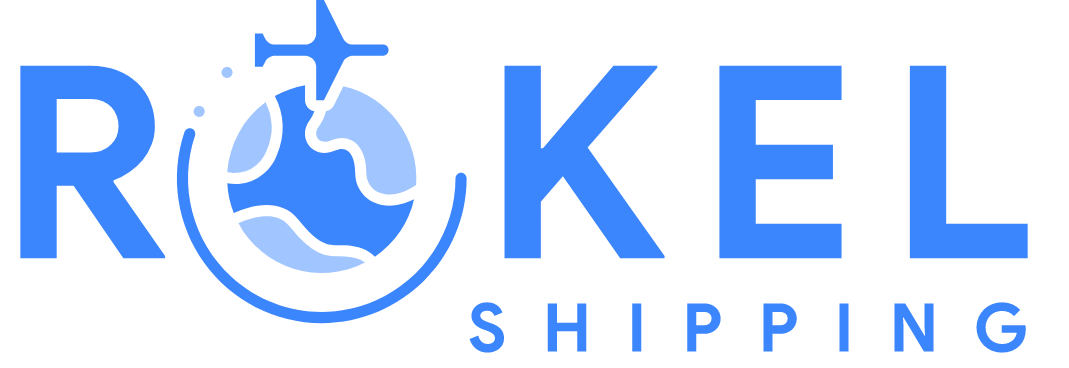In today’s globalized economy, the smooth flow of goods across borders is essential for businesses to thrive. For companies like Rokel Shipping Company, which specializes in facilitating international trade and logistics, understanding and efficiently managing export customs clearance is paramount. In this article, we delve into the intricacies of export customs clearance and provide valuable insights for Rokel Shipping Company and its clients.
Understanding Export Customs Clearance
Export customs clearance refers to the process of fulfilling the legal requirements and regulations set by the exporting country’s customs authority to allow goods to leave the country and enter the destination country. It involves a series of procedures, documentation, and compliance checks to ensure the legitimacy of the shipment and adherence to trade laws.
Key Components of Export Customs Clearance
Documentation: Proper documentation is the cornerstone of export customs clearance. Documents such as the commercial invoice, packing list, bill of lading, and export license (if applicable) must be accurately prepared and submitted to the customs authorities. Rokel Shipping Company plays a crucial role in assisting exporters in preparing these documents and ensuring they comply with the relevant regulations.
Customs Declarations: Exporters are required to declare the details of the exported goods to customs authorities through a customs declaration. This declaration includes information such as the nature of the goods, their value, quantity, weight, and country of origin. Rokel Shipping Company leverages its expertise to help clients accurately complete customs declarations and avoid delays or penalties.
Compliance with Regulations: Exporters must adhere to various regulations governing international trade, including export controls, sanctions, and tariffs. Rokel Shipping Company stays abreast of regulatory changes and guides clients in navigating the complex landscape of international trade compliance.
Duties and Taxes: Exporting goods may incur duties, taxes, or tariffs imposed by the destination country. Rokel Shipping Company assists exporters in understanding their tax liabilities and ensures timely payment to facilitate smooth export customs clearance.
Inspections and Controls: Customs authorities may conduct inspections or impose additional controls on certain shipments to verify compliance with regulations or ensure security. Rokel Shipping Company works closely with authorities to facilitate inspections and resolve any issues promptly.
Challenges and Solutions
While export customs clearance is essential for international trade, it can pose various challenges for exporters, including:
Complex Regulations: Navigating the ever-changing landscape of trade regulations and compliance requirements can be daunting. Rokel Shipping Company offers expert guidance and support to help clients stay compliant and avoid potential pitfalls.
Delays and Errors: Inaccurate documentation or procedural errors can lead to delays in customs clearance, impacting supply chains and business operations. Rokel Shipping Company employs meticulous attention to detail to minimize errors and expedite the clearance process.
Cost Considerations: Duties, taxes, and fees associated with export customs clearance can significantly impact the cost of doing business internationally. Rokel Shipping Company provides cost-effective solutions and strategic advice to optimize clients’ supply chain operations.
Export customs clearance is a critical aspect of international trade that requires careful attention to detail, compliance with regulations, and efficient execution. Rokel Shipping Company stands as a trusted partner for exporters, offering comprehensive customs clearance services tailored to their specific needs. By leveraging our expertise and resources, exporters can streamline their operations, minimize risks, and capitalize on global opportunities with confidence.

